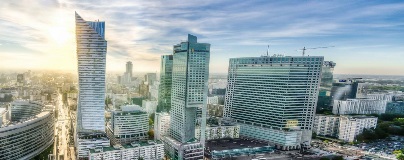
Better Lending for you
Better is a powerful word. To our industry-leading commercial mortgage team, it means to surpass, to go beyond the ordinary to listen, advise and deliver financing solutions that are better for your business. Better features, better terms, better timing, better service. Better for you in every way.
Sign up for Market updates
Looking for advice and insights on commercial real estate? Sign up today for the Market Update email.
Recent financings
Leveraging our CMHC expertise, broad product portfolio, diverse specialists and responsiveness, we’ve blazed trails in financing new rental construction, general construction and burgeoning real estate businesses.
Get to know us better
At First National, we approach what we do from the people perspective. We’re not just lenders. We’re passionate about the business of commercial real estate and our clients, the people who drive it.
Latest resources and insights
Original perspectives and personal viewpoints on developments and industry trends in commercial real estate.
Why clients choose and recommend us
From the sophistication of our entrepreneurial culture to how we engage with and execute for clients – why we’ve earned the trusted recommendations of our borrower clients. Learn more

Mortgage solutions
The synergy of our structure and culture enables advisors to innovate purposefully and execute decisively on smart risk solutions that get you to your goals.

